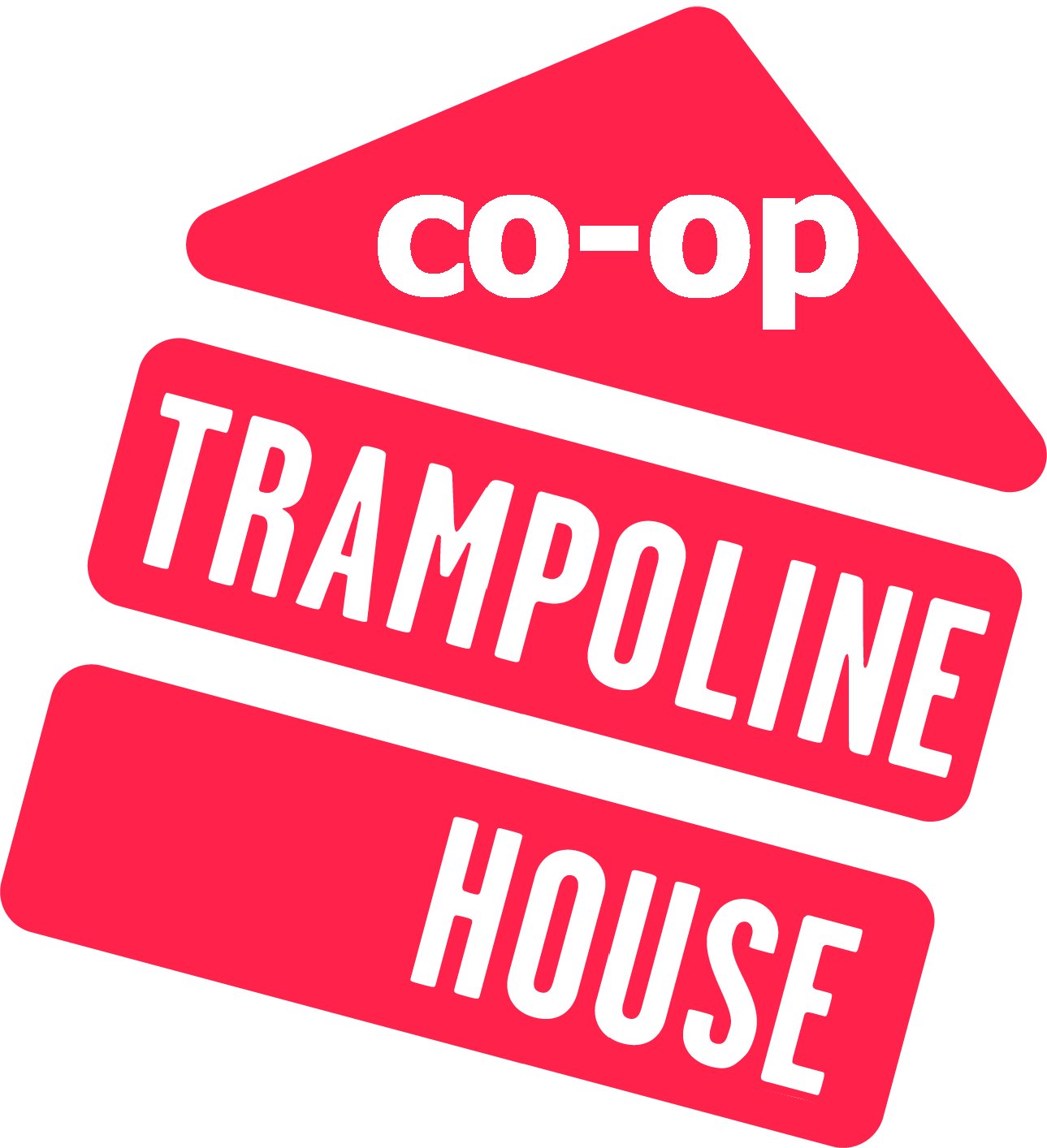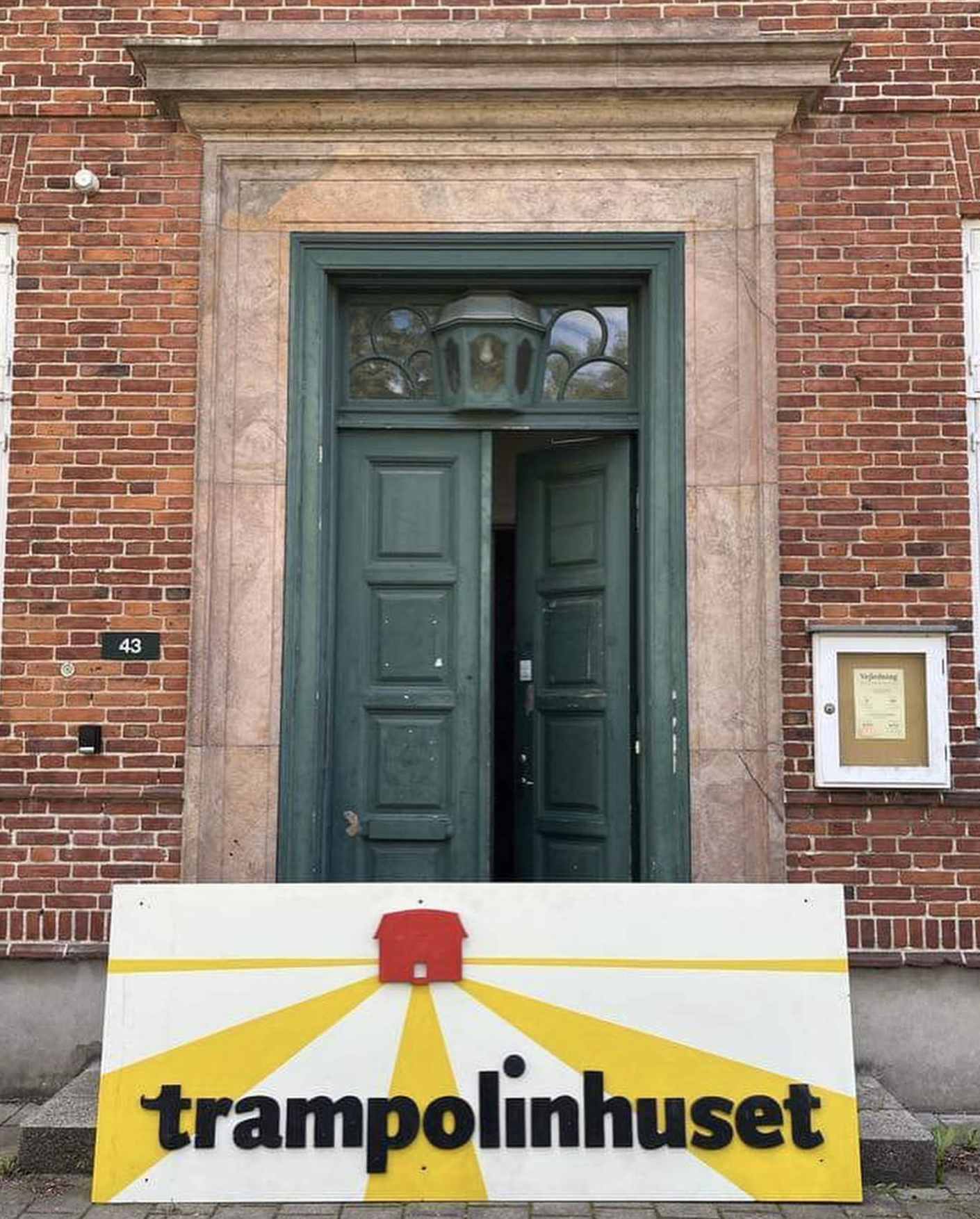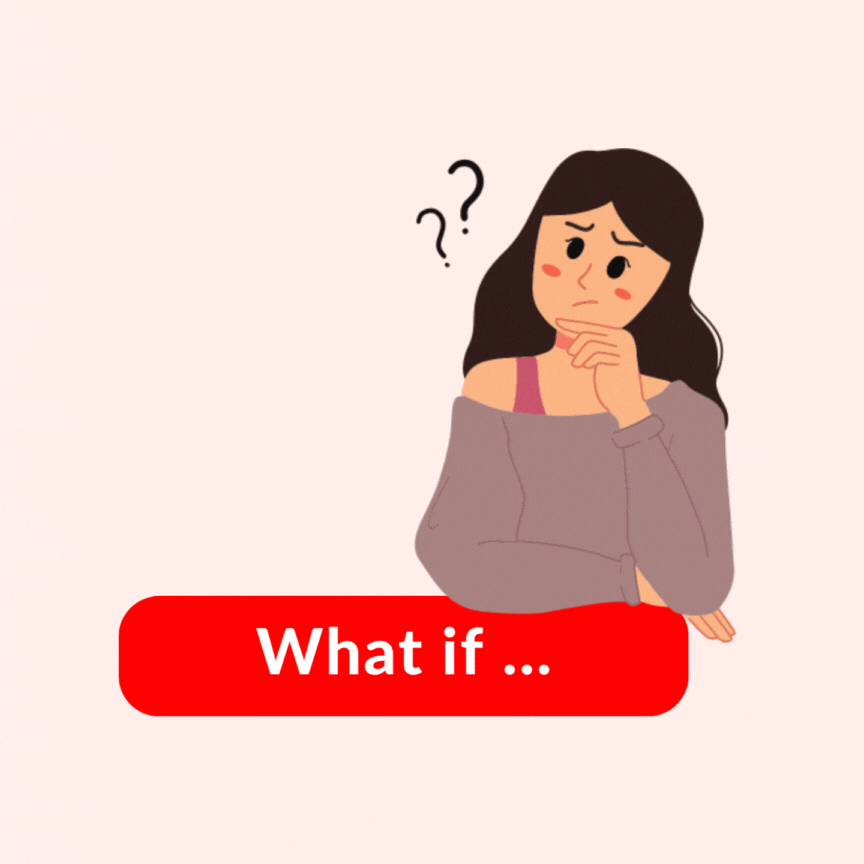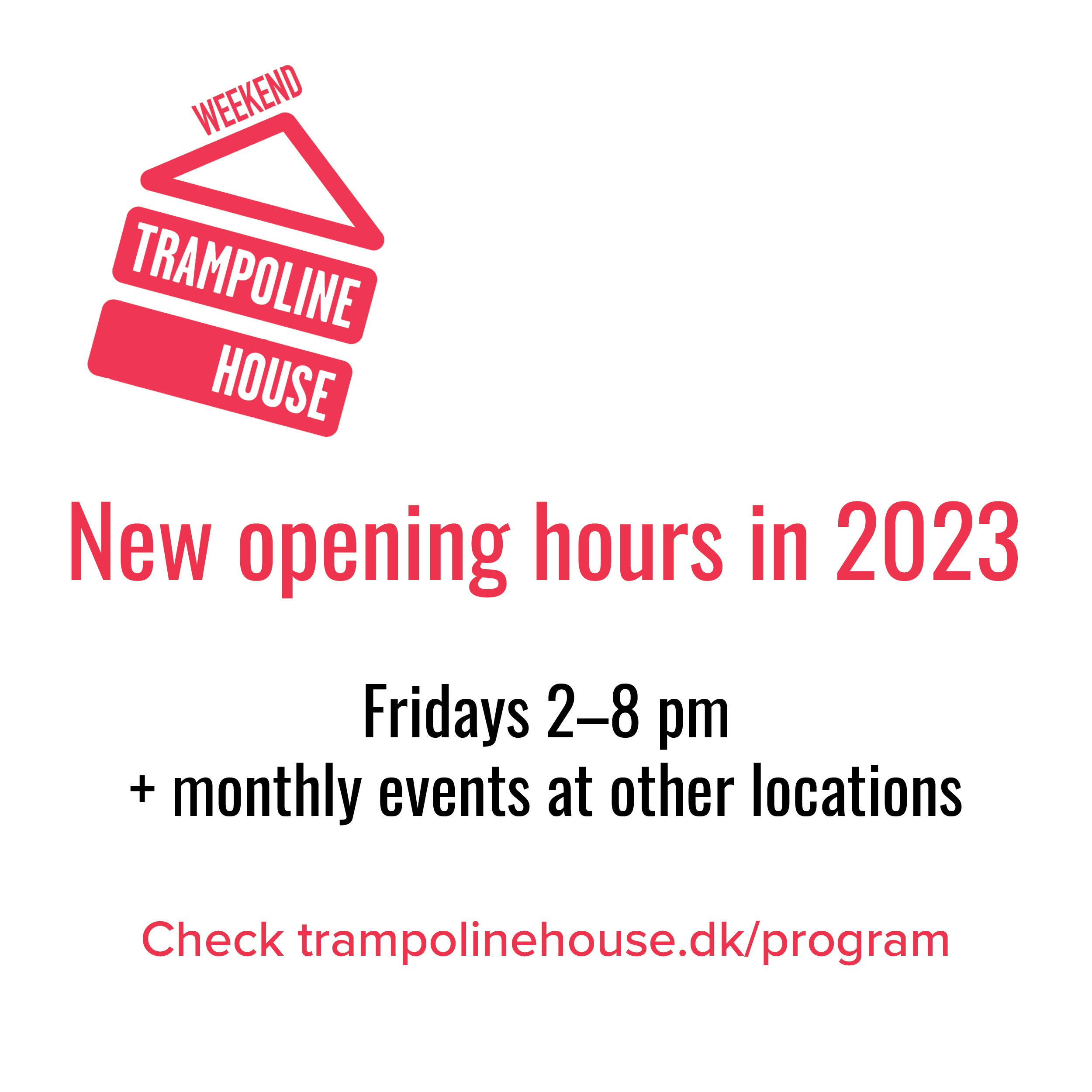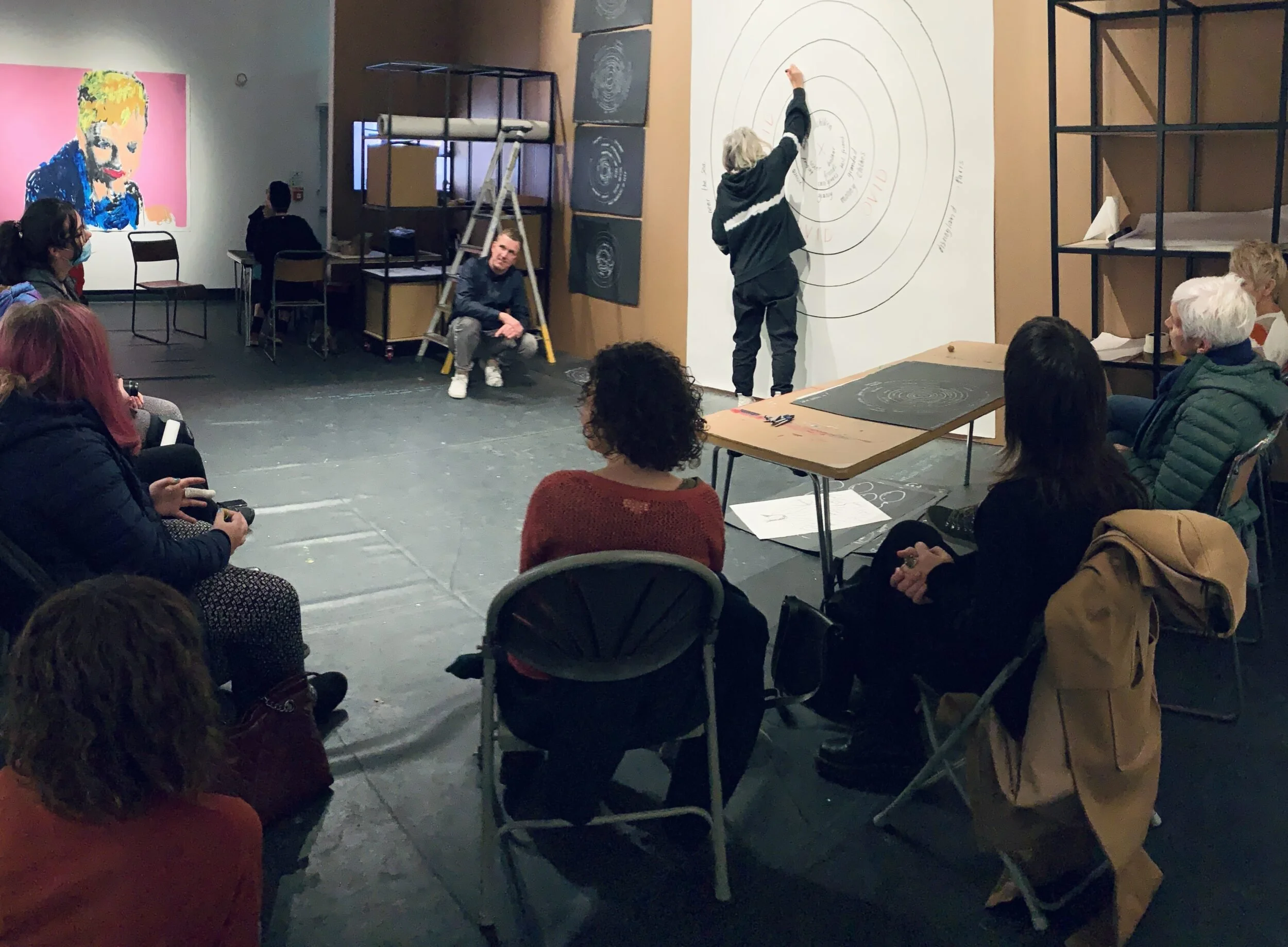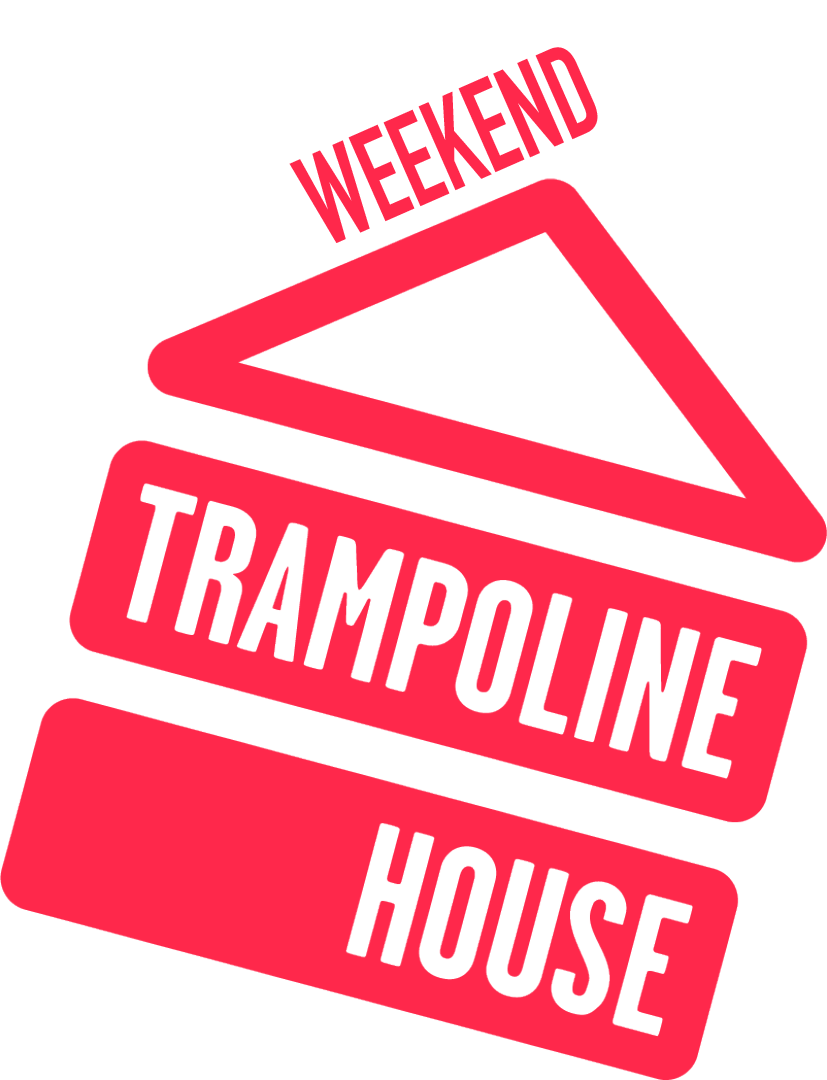Part of the assembly
At Trampoline House’s house meetings, the participants are practicing democratic dialogue. Meanwhile, the government and the Danish People’s Party are restricting refugees’ possibilities for integration.
By Kajsa Böttcher Messell
Huda is sitting in a sofa in Trampoline House’s multi zone. Next to her sits Ali. Huda speaks Arabic, and pretty decent Danish. Ali speaks Farsi, Pashtu, French and some Danish.
Ali turns towards Huda and collects the fingertips of his right hand.
“Pen?” he asks in Danish.
Huda looks in her bag.
“Maybe I have a pencil,” she replies.
After a little while, she finds a pen and hands it to Ali.
“Thank you,” he says.
Huda and Ali are refugees with residency in Denmark. The government and the Danish People’s Party don’t think it’s worth it to invest in their integration. Nonetheless, they practice speaking Danish every week with some 80 other citizens in Trampoline House.
In that perspective, their little dialogue is about much more than a pen. It’s an insistence on co-existence, despite linguistic or cultural differences.
“You learn to respect each other”
It’s Tuesday, and it’s almost four o’clock in the afternoon. It’s almost time for the weekly house meeting in Trampoline House. Around Huda and Ali, the sofas are filling up. There are still more people coming, so someone fetches one of the wooden benches that will be unfolded for the community dinner later tonight anyway.
Huda participates in Trampoline House’s job training programme Next Practice through a collaboration with Egedal municipality. Photo: Viktoria Steinhart
The house meeting is a part of Huda’s job training inernship, which she has been assigned to by Egedal municipality.
“You learn to respect each other and each other’s opinions,” she says. “Everyone is smiling, it’s good to talk to them. They want to talk.”
Every week, the house meetings are started off by Morten Goll, who is the Executive Director of Trampoline House.
“Hej alle sammen,hello everybody,” he says this grey Tuesday, holding a microphone. Perhaps he could have made himself heard without it, but it’s easier with the microphone. In the multi zone, where the house meeting takes place, the barber machine in the hair salon is also at work. There’s also noises coming from the kitchen when a pot is being moved or a drawer is opened.
“Who needs translation?” Morten asks the crowd. “Arabic translation?”
Huda raises her hand. Rohan, who is from Libanon, gets up and sits down next to her so that he can translate. If more people need Arabic translation, they can also go sit over there, Morten says.
Meanwhile, the crowd is making space for two other small groups that need translation to Farsi and Tigrinya. They find each other quickly. Most of them have done it many times before.
The rules of the conversation
If you ask Morten, one of the house meeting’s most important elements is the talking stick. Between meetings, it rests on two pins on the bulletin board above his desk. It’s bound in leather, and each end is decorated with black and white feathers and small pearls. Every week, the talking stick distributes the power to speak at the house meetings: Only the person holding the stick can speak. Everybody else must listen.
There are these ground rules for how you carry out the conversation,” Morten explains. “It means that when someone is speaking, well, then people listen, and there’s respect for the dialogue.”
Another important element is the name round that takes place in the beginning of each meeting:
“For those that aren’t used to participating in democratic dialogues, the thing about the silence, it can be a terrible barrier to overcome, to say something in a big crowd. So in the name round, you’re identified, and you’re recognized as part of the assembly. That’s important.”
This Tuesday is no exception. The talking stick passes from hand to hand, while each participant says their name. Already 10 minutes after the meeting started, everyone has spoken.
“We want you here”
The subject that takes up most of today’s meeting is the ‘paradigm shift’ that the government and the Danish People’s Part have proposed and that, according to a press release from the Ministry of Immigration and Integration, entails “a new approach focusing on temporariness and repatriation, sending a clear message that a refugee’s stay in Denmark is only temporary.”
You don’t need to understand much Danish to understand that life as a refugee in Denmark from now on will be characterized by uncertainty about one’s legal status, and by poorer possibilities to feel part of the community.
Maybe that’s why the house meeting is listening even more attentively than usually, when the staff answers questions about the new law.
“They want to say to refugees: ‘we don’t want you here,’” says Simon Christensen, who’s Trampoline House’s Job Coordinator. “And I just want to say to you, that we want you here. We want all of you here in Trampoline House. There’s a lot of people who really want you here.”
No need to panic
“It’s good to hear that there’s no need to panic yet,” says Huda relieved after the meeting. “It’s good that they help everyone, no matter their nationality. It’s good that they listen to people here – even if they don’t have rights, they listen to them.”
Next to her, Ali is still using her pen, bent over some Danish exercises. As long as the situation in his country of origin doesn’t improve, it doesn’t make sense for him to give up learning Danish and integrate.
The paradigm shift is already restricting integration in the rest of Denmark, but within the four walls of Trampoline House, Huda, Ali and anyone else who’s interested will continue to take part in the community as much as they can. ■
Our integration programme
Trampoline House collaborates with Danish municipalities and companies to ensure refugees like Huda a better access to the job market. Click here to read more.
